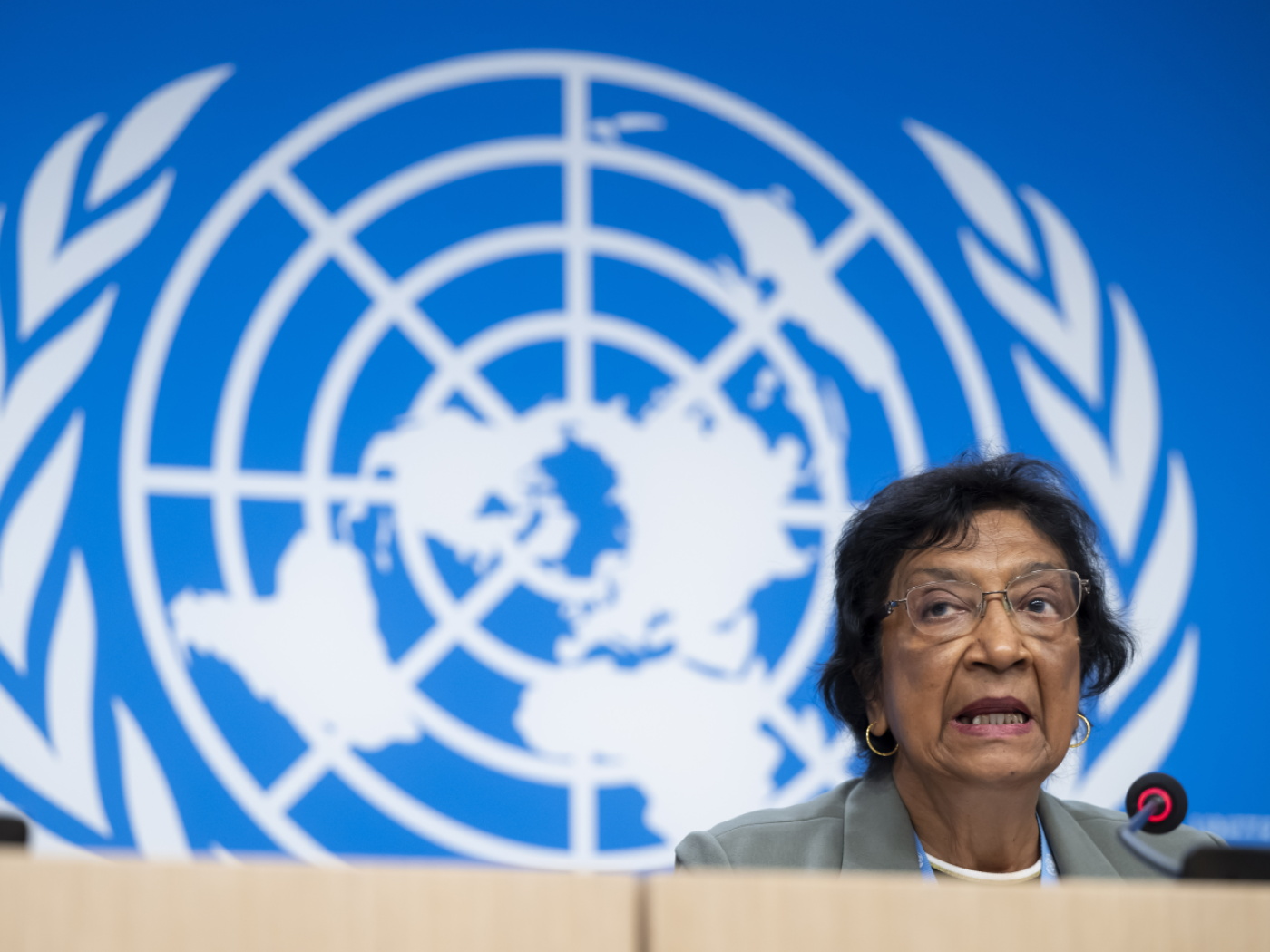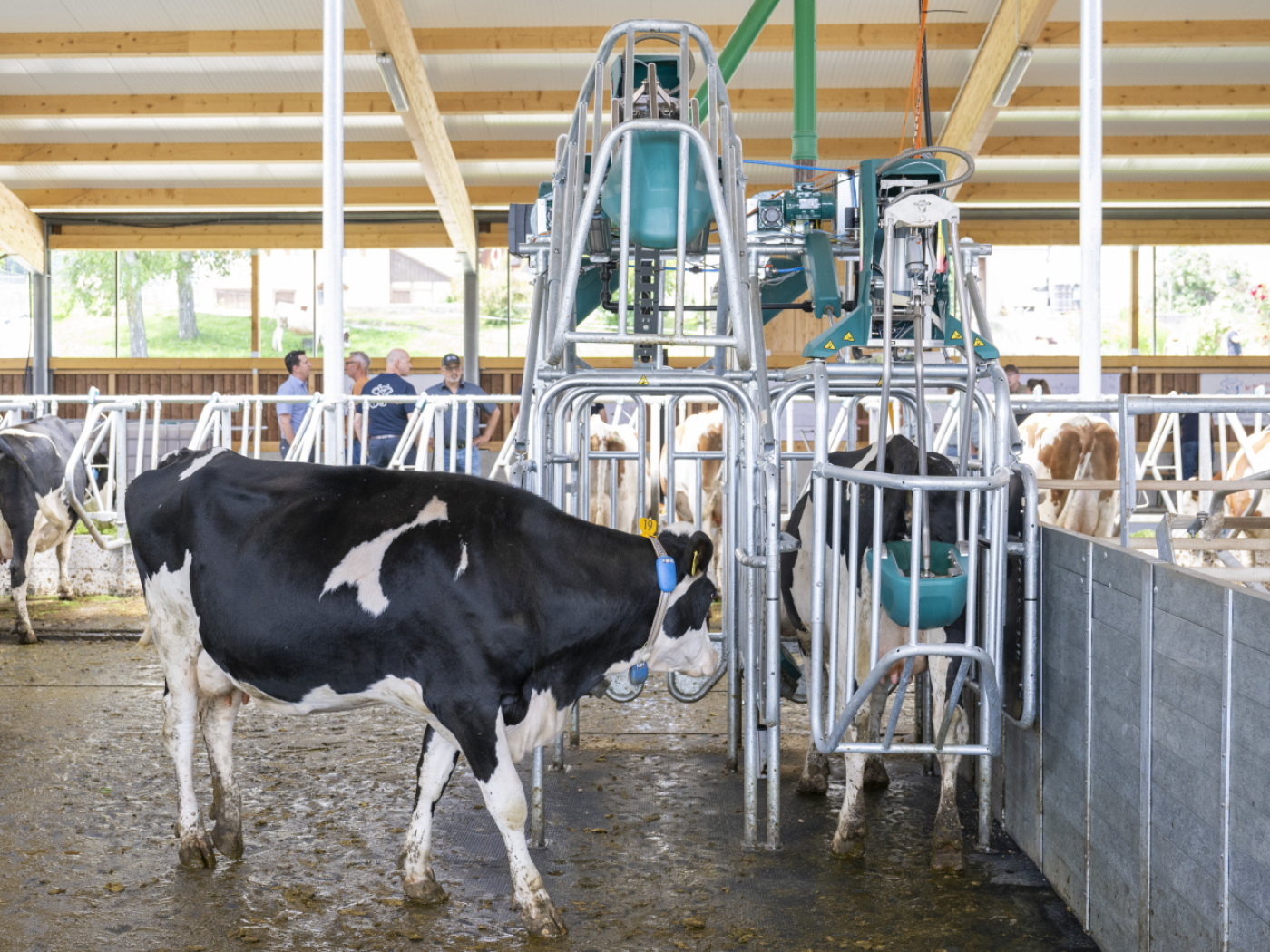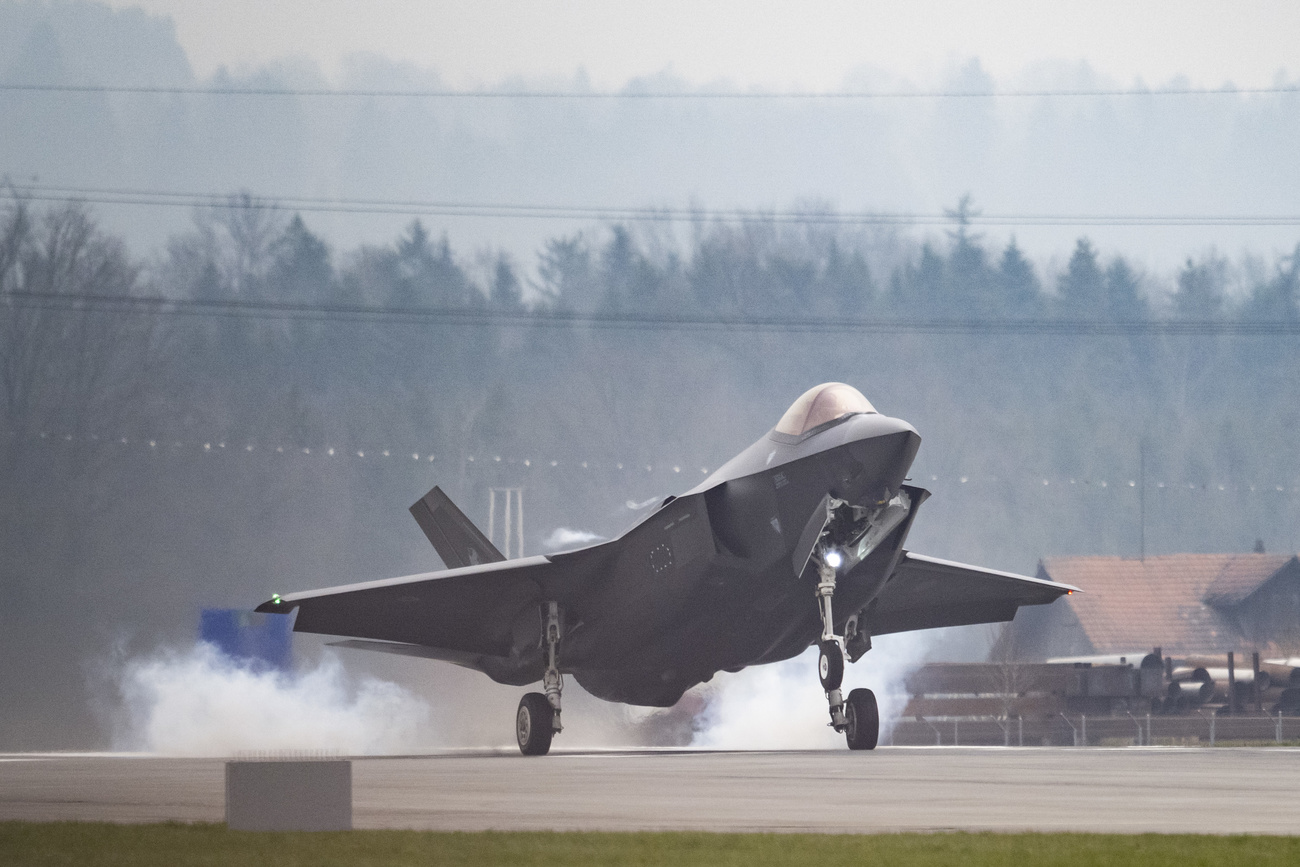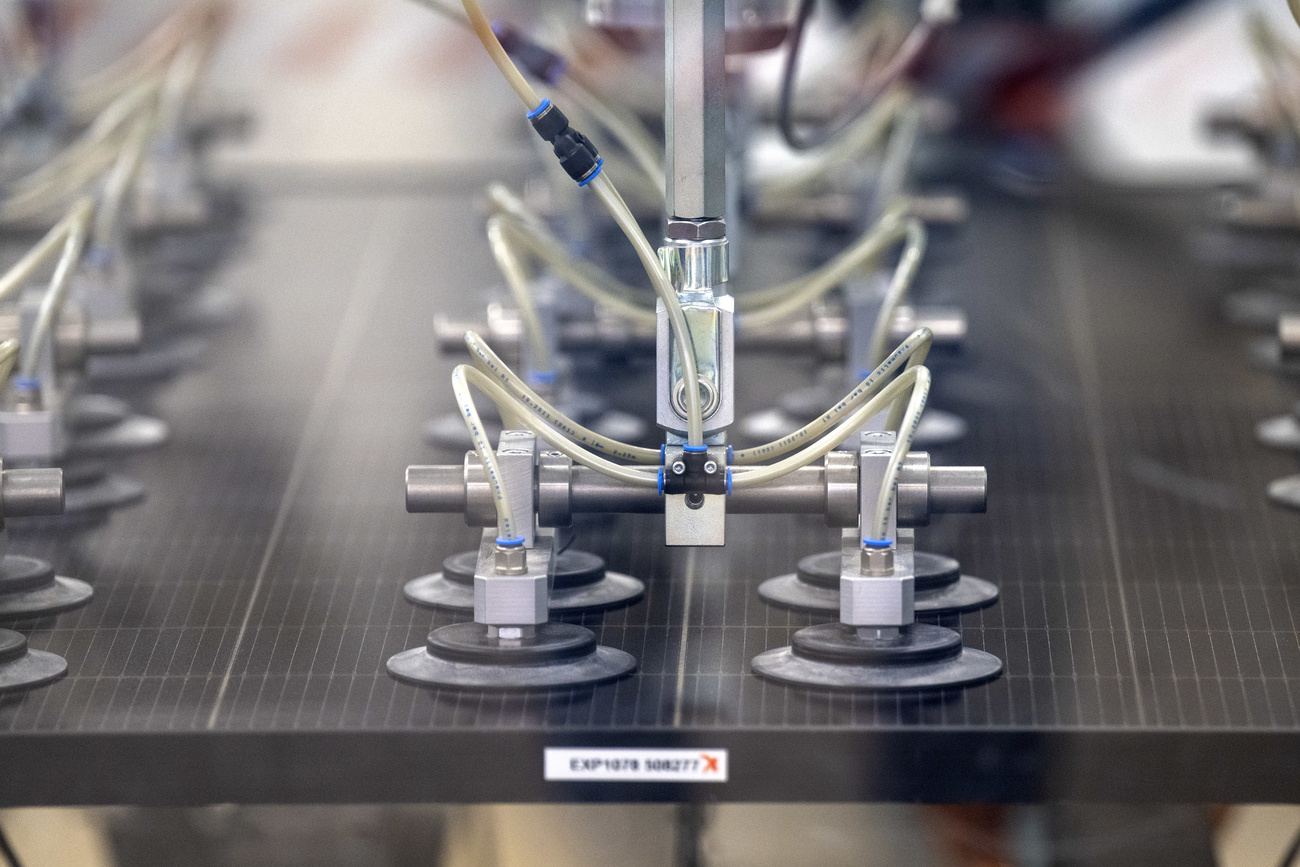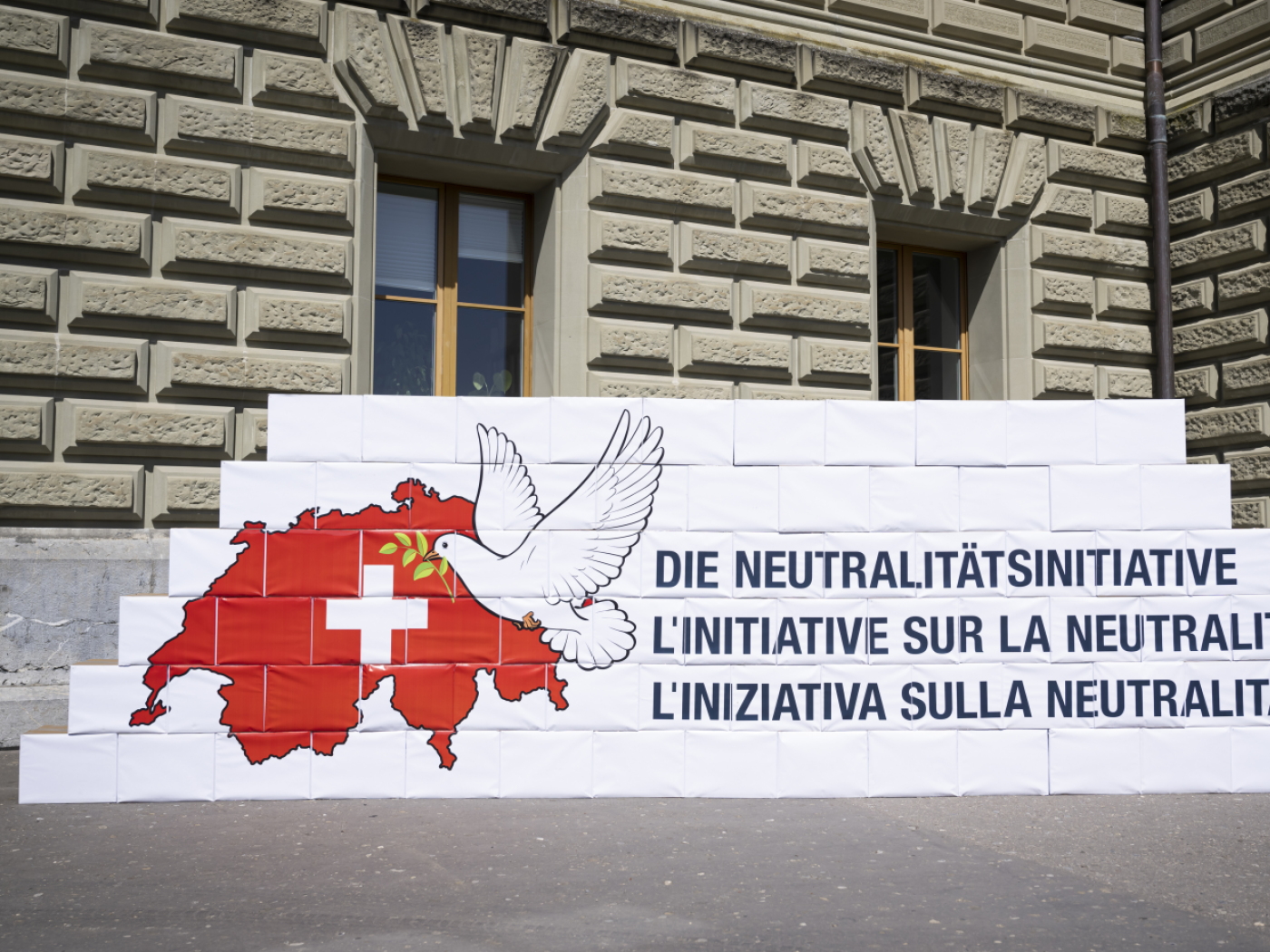
China Approval for Bunge’s Viterra Deal Comes With Demands
(Bloomberg) — China confirmed its approval of Bunge Global SA’s takeover of rival Viterra, but outlined several conditions including the continued supply of key crops to the Asian nation at a “fair” price.
The green light from Beijing, announced by Bunge on Friday, was the last major hurdle to the conclusion of the $8.2 billion deal. Bunge shares rose as much as 4.4% in New York on Monday, extending Friday’s gain of 5.7%.
Still, a statement from China’s State Administration for Market Regulation outlined the large share of soybean, barley and rapeseed trade with one of the world’s top buyers that the combined company will control, which risks limiting competition.
Antitrust authorities asked that the company supply those crops to Chinese clients at what it called fair market prices and in a timely, reliable and sufficient manner. After the merger is finalized, it must also report its monthly sales to Chinese clients to the regulator each quarter, and provide comparison with the average from 2021 to 2024.
Bunge and Viterra committed to the conditions in a plan submitted to the Chinese regulator this month, SAMR said.
China has in the past used behavioral remedies to address China-specific concerns, sometimes to support industrial policies or strategic sectors, and occasionally simply to preserve competition in the market. Elsewhere, behavioral remedies are typically seen as difficult to design and monitor.
Bunge, which has its corporate headquarters in Missouri, is the B in the so-called ABCD quartet of storied agricultural commodity trading firms that dominate crop markets. The company announced it would buy Viterra in June 2023, in a deal expected to create a behemoth capable of competing with the industry’s biggest players including Cargill Inc.
Bunge had initially planned to close the deal by mid-2024, but the process dragged out as it awaited antitrust approvals. Trade tensions between the US and China contributed to some of the delay.
The company already received key approvals in the European Union and Canada, where there were concerns about the impact on competition. Argentina has yet to weigh in, but antitrust laws in the South American nation allow for the deal to be completed, with any remedial action potentially being required later.
–With assistance from Alfred Cang and Erin Ailworth.
(Update with share move and additional background beginning in second paragraph.)
©2025 Bloomberg L.P.
